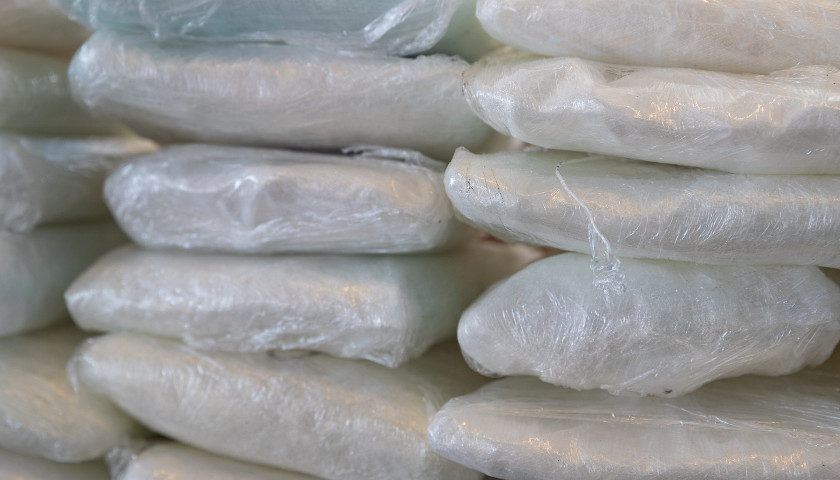According to recently released city data from the Overdose Response Program, Nashville saw a massive increase in drug overdose rate in 2021.
“In 2021, there were 712 suspected drug overdose deaths, representing a 15 percent increase compared to 2020, where 621 overdose deaths were reported,” according to the report.
The report said that most of those overdose deaths were due to fentanyl, an extremely deadly toxin that is manufactured overseas, often delivered into the human body by being laced with other drugs, often heroin. Fentanyl accounted for 74 percent of overdose deaths in the city.
Last year, Davidson County notched the highest number of overdose deaths ever.
The epidemic is not slowing, either.
Recently, the Metro Nashville Police Department (MNPD) has warned residents about a large spike in fentanyl overdoses in the downtown area, and said it is conducting a special investigation into the matter.
“The Specialized Investigations Division’s continuing operation is in response to recent drug overdose cases in the downtown area,” the press release said. “Dangerous fentanyl has been found combined with street drugs including methamphetamine, heroin, cocaine and marijuana. A tiny amount of fentanyl can kill.”
Josh Love is an epidemiologist with the Overdose Response Program.
He explained that in 2022, the city is on pace to break its overdose death record again.
“Through March compared to the same time last year, overdose deaths are up 23 percent, and if we are talking about more than 700 overdose deaths last year, we are talking we could potentially see almost 800 deaths this year,” Love said in an interview with WKRN.
Other top drugs causing overdose included methamphetamine and cocaine. Alcohol was the fourth-leading substance causing death in the city.
Nashville’s drug overdoses mirrored nationwide data.
For the first time in American history, overdose deaths topped 100,000.
“The new data documents that estimated overdose deaths from opioids increased to 75,673 in the 12-month period ending in April 2021, up from 56,064 the year before,” the U.S. Centers for Disease Control and Prevention (CDC) said. “Overdose deaths from synthetic opioids (primarily fentanyl) and psychostimulants such as methamphetamine also increased in the 12-month period ending in April 2021.”
_ _ _
Pete D’Abrosca is a reporter at The Tennessee Star and The Star News Network. Email tips to [email protected].
Photo “Fentanyl” by U.S. Customs and Border Protection.






Not to be lost in the discussion, the majority of the illegally smuggled fentanyl, methamphetamine and cocaine comes to the United States through the now porous Southern Border. Biden, get your head out of your ……. The border was largely sealed until you took office. Complete the wall and reinstate policies initiated by President Trump to curb the drug/immigration problems. To the Dems, the blood is on your hands. These issues/problems are not partisan, your bumbling created the problem.
The use of the term overdose for many of these deaths is totally misleading. It seems that a large percentage, if not the majority, are by people illegally purchasing drugs that are intended for a “fun” time with a drug. When will folks wise up and stop doing such stupid things?
Tennessee is second only to West Virginia for narcotics abuse and overdose. Lortab is Tennessee Tylenol and is and has been widely distributed here as a part of customer service at our corporate hospitals. It creates repeat business for certain doctors and hospitals. Certain doctors are very easily swayed to write prescriptions for such. It is a shame that here in Tennessee we can have narcotic pain meds and Tennessee whiskey, but no one is allowed to use medicinal marijuana, which has never had a documented case of overdose. 25 years at bedside, I have yet to admit a patient to the hospital for acute or chronic in gestation of Cannabis.